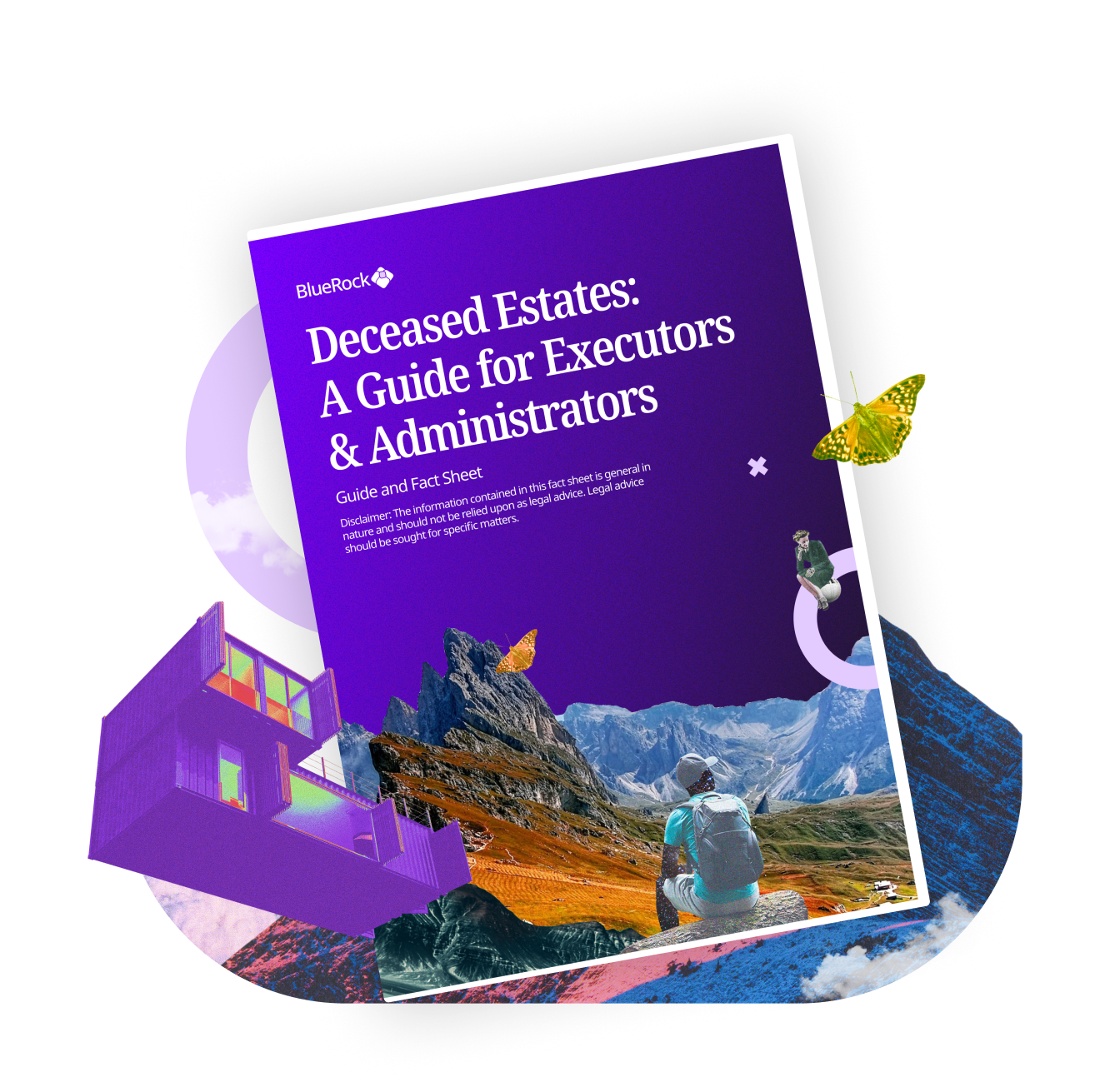Streamline Probate & Executor Duties
Losing a loved one is traumatic. Navigating the legal system to have their assets distributed shouldn’t be. There are complexities and nuances which need to be considered when applying for probate and administering an estate. Get in touch with our team for help executing your responsibilities.
If your query relates to document storage and retrieval, including Wills, Power of Attorney, and original titles please call 9580 8311 .

Understanding Probate and Estate Administration
What Does an Executor of a Will Do?
An executor of a will is entrusted with the vital role of carrying out the wishes outlined in a deceased person’s will. They act as the legal representative, diligently working to ensure the final wishes become a reality.
If you’re an executor of a will, one of the first things to do is obtain a grant of probate. That’s if there is a will. If your loved one didn’t leave a valid will, you’ll need to obtain Letters of Administration. Both processes can be complex and daunting, and as an executor or administrator you have specific legal obligations you must fulfil.
BlueRock’s estate planning lawyers will guide you through the process of managing the estate, paying off debts and liabilities and distributing assets to the beneficiaries set out in the will, or according to the laws of intestacy of the relevant state or territory.
What is Probate?
Probate is a standard legal process that confirms a deceased person’s will is valid, and the executor (or next of kin) has permission to distribute the estate. It involves the Supreme Court examining the Will to ensure it’s validity, and once granted allows the executor to oversee the distribution of the estate’s assets, settling debts, and ensuring that the instructions in the will are followed correctly. Granted by the Supreme Court of each Australian State and Territory, probate filing costs and timelines vary depending on the size of the estate and the court handling it.
Can an Executor of a Will Be a Beneficiary?
Yes. Many people appoint a family member, close friend, or trusted advisor as both the executor and a beneficiary in their will. While it’s common, being an executor means taking on fiduciary duties and responsibilities. Watch out for sneaky conflicts of interest as you go through the probate process. By keeping things transparent and operating with integrity, our probate and estate administration experts will ensure you tackle these roles like a pro.


